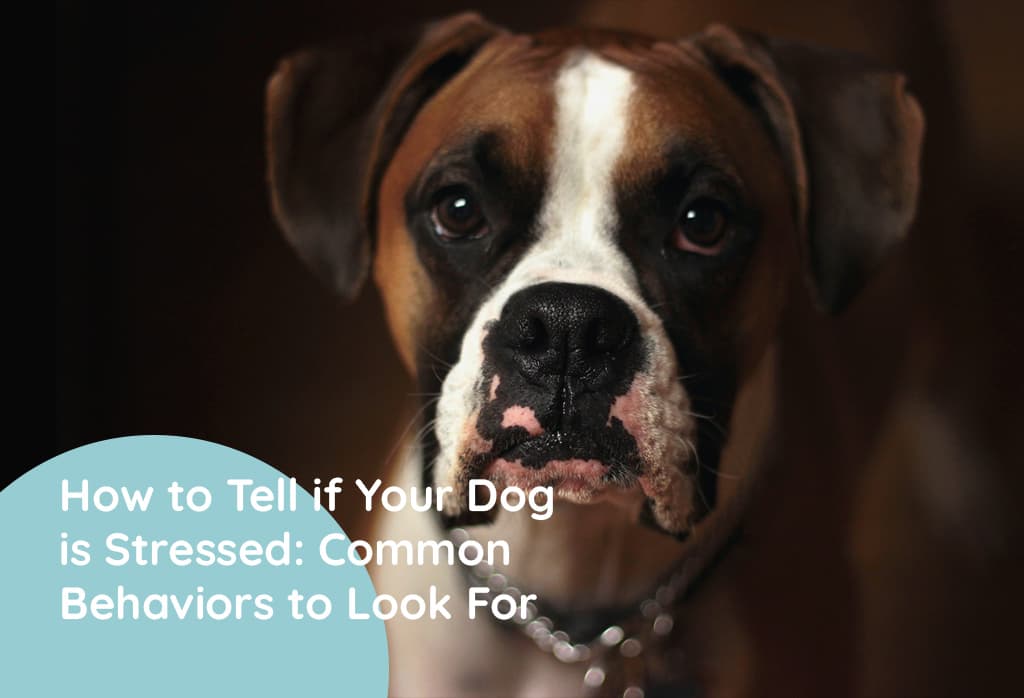As a responsible pet owner, it’s important to be able to recognize when your dog is feeling stressed.
Stress can affect a dog’s physical and emotional well-being, leading to more serious health issues if left unchecked.
In this article, we’ll discuss some common behaviors to look for that may indicate your dog is feeling stressed.
By learning to identify these behaviors, you can take steps to help reduce your dog’s stress and improve their overall quality of life.
Various Stressful Situations
Dogs are highly social and intelligent animals that can experience a range of emotions, including stress.
Dogs can become stressed in a variety of situations, such as:
- Loud noises: Dogs can be sensitive to loud noises, such as fireworks, thunder, or construction.
- Changes in routine: Dogs can become anxious or stressed when their routine is disrupted, such as when their owner is away for an extended period or when unexpected visitors are in the home.
- Separation from their owner: Some dogs can become anxious or distressed when separated from their owner, especially if they are not used to being alone.
- Lack of socialization: Dogs that are not well-socialized or have limited exposure to other people or animals may become stressed in social situations.
- Physical discomfort: Dogs can also become stressed if they are in pain or discomfort due to an injury or illness.
It’s important to pay attention to your dog’s behavior and try to identify the cause of their stress.
If you are concerned about your dog’s stress levels, it’s a good idea to consult a veterinarian or a professional dog trainer for advice.
Tips During the Holiday Season
Dogs can be sensitive to loud noises such as fireworks, and the increased activity and excitement of the holiday season can also be stressful.
Here are a few tips to help keep your dog happy and safe during the holiday season:
- Keep your dog indoors or in a quiet, enclosed area during fireworks displays: Fireworks can be very loud and startling for dogs, causing them to become anxious or fearful.
- By keeping your dog inside or in a quiet, enclosed area, you can help reduce their exposure to the noise and provide them with a safe, calm place to retreat to.
- Make sure your dog has a safe, comfortable place to retreat to when they feel overwhelmed: It’s important to give your dog a place to escape the noise and commotion of the holiday season if needed.
- This could be a crate, a separate room, or a quiet corner of your home.
- Keep your dog on a leash when out and about during the holidays: The increased foot traffic and excitement of the holiday season can make it more challenging for your dog to stay calm and focused.
- Keeping them on a leash can help prevent them from becoming anxious or reactive.
- Keep an eye on your dog’s food and water intake: The change in routine and added stress of the holiday season can cause some dogs to eat and drink less.
- Make sure to monitor your dog’s intake and provide them with plenty of fresh water and food as needed.
- Consider using a calming aid: If your dog is prone to anxiety or becomes particularly stressed during the holiday season, you may want to consider using a calming aid such as a pheromone diffuser or calming treats.
These products can help reduce your dog’s anxiety and make them feel more relaxed and at ease.
By following these tips, you can help ensure that your dog stays happy and safe during the holiday season.
Conclusion
In conclusion, it’s important to be aware of the signs that your dog is stressed and to take steps to address their needs.
By providing your dog with a safe and comfortable environment, plenty of exercise and socialization, and the necessary care and attention, you can help reduce their stress and improve their overall well-being.
If you are concerned about your dog’s stress levels or have noticed any concerning behaviors, it’s a good idea to consult with a veterinarian or a professional dog trainer for advice.
With the proper support and care, you can help your dog live a happy, healthy, and stress-free life.





